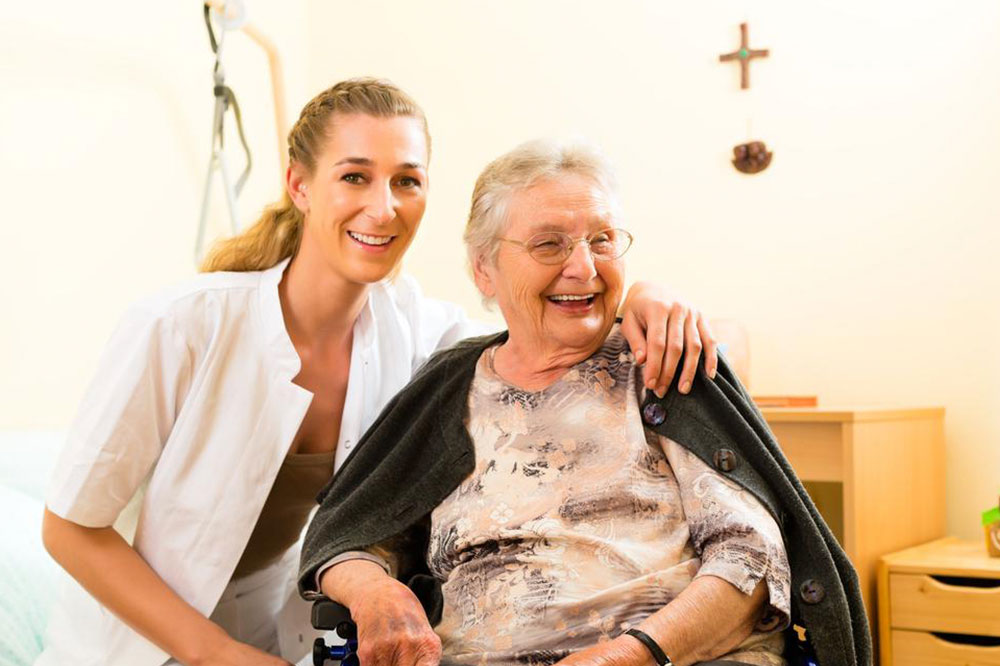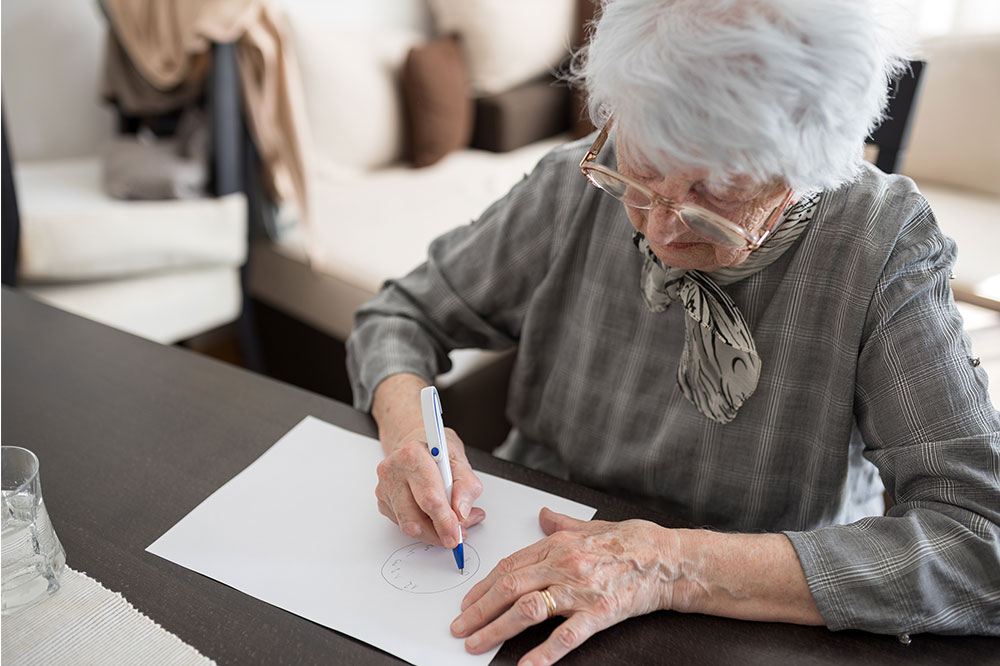Top 6 Advantages of Joining Memory Support Groups
Discover the top 6 benefits of joining memory care support groups, from emotional relief and shared knowledge to reducing loneliness and preventing burnout. These groups provide vital support for caregivers and individuals dealing with dementia or Alzheimer’s, offering a safe space to share experiences, learn coping strategies, and foster resilience. Find online or local groups to connect with others facing similar challenges, and gain valuable insights to improve caregiving and emotional well-being.
Sponsored

Research from A Place for Mom highlights that over 48 million unpaid caregivers look after loved ones with Alzheimer’s or other memory-related conditions. This demanding role often adds 24-32 extra hours weekly, leading to stress and fatigue. Engaging in memory care support groups can be incredibly beneficial, offering caregivers a chance to prioritize their well-being, exchange valuable insights, and gain encouragement from others facing similar challenges.
Benefits of Memory Support Groups
Memory support groups are gatherings of individuals connected to dementia or Alzheimer’s, including patients, caregivers, and friends. These meetings may be virtual, in-person, or hybrid, providing a secure space for sharing experiences, coping tips, and emotional support.
Emotional Relief
Caring for someone with memory issues can be emotionally taxing. Support groups allow participants to express frustrations and find comfort, fostering hope and emotional resilience.
Increased Knowledge
Session with experts—educators or healthcare professionals—are often organized, offering guidance on caregiving techniques, legal issues, and community resources.
Improved Coping Skills
Participants exchange daily management strategies and coping mechanisms, promoting growth and adaptability.
Reducing Loneliness
Spending extensive hours caring can lead to social isolation. Support groups connect individuals with common experiences, alleviating feelings of loneliness.
Empowerment & Resilience
Sharing personal stories builds confidence and empathy, enabling caregivers to play a more active role with strength and compassion.
Preventing Caregiver Burnout
Caregiving can be intense and exhausting. Support group participation offers a vital break, helping caregivers recharge physically and mentally for better care delivery.
Finding the right memory support group can be straightforward. Consult your healthcare provider, local Alzheimer’s chapters, or aging resource centers. Many online communities also host forums, providing accessible support from any location.
Popular online memory care groups include:
Memory People – Founded by Alzheimer’s patient Rick Phelps, this community connects patients and caregivers to share stories and support.
Dementia Caregivers Support Group – A safe space for members to discuss personal experiences, feelings, and seek advice.
The Purple Sherpa Basecamp – Created by a daughter of an Alzheimer’s patient, it offers emotional support to caregivers dealing with feelings of guilt or shame.
Alzheimer’s and Dementia Caregivers Support Chat – An informal space for honest conversations, humor, and advice among friends and family.
Dementia Caregivers Support Group – Managed by a daughter-in-law, sharing caregiving tips, stress relief strategies, and latest treatments.
Caring for Spouse with Dementia – Tailored support for spouses managing their partner’s condition with personalized coping strategies.
Caring for Elderly Parents – A group that offers guidance and emotional support for those caring for aging parents.






